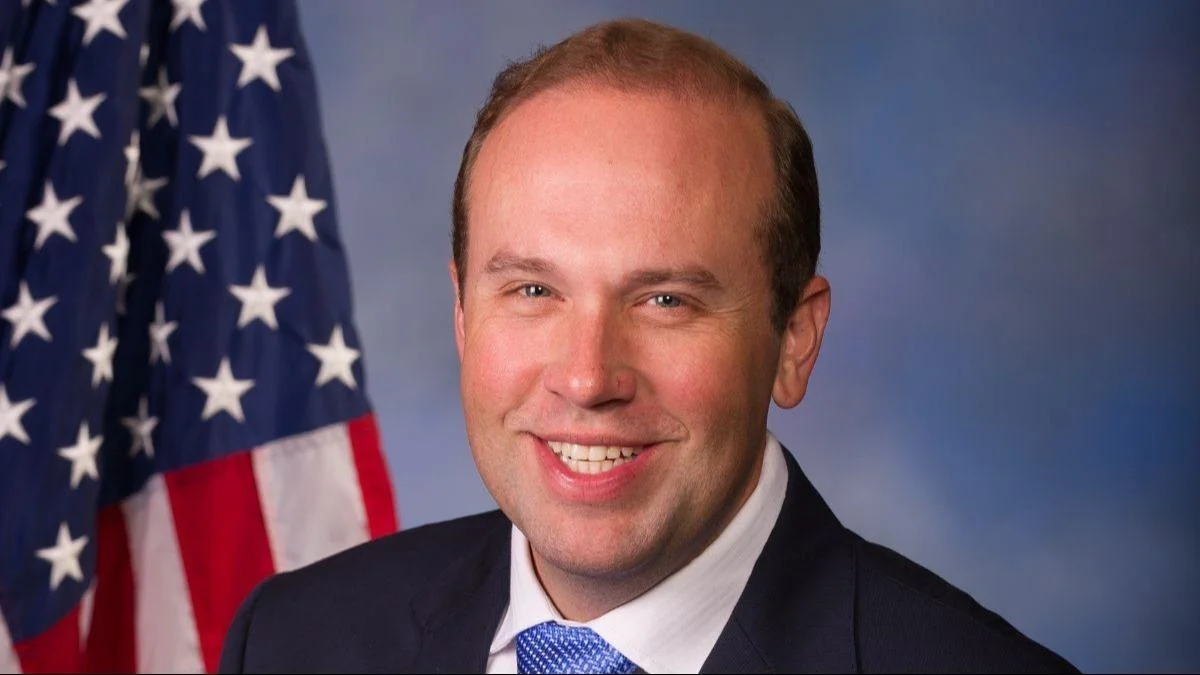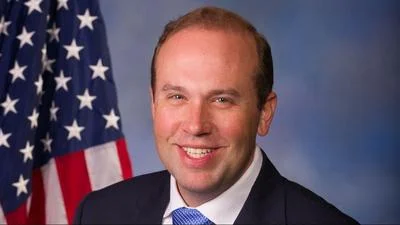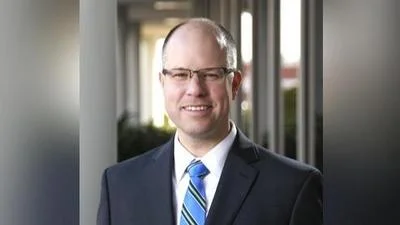Rep. Jason T. Smith, U.S. Representative for Missouri's 8th District | Congressman Jason Smith Official U.S. House headshot
Rep. Jason T. Smith, U.S. Representative for Missouri's 8th District | Congressman Jason Smith Official U.S. House headshot
Ways and Means Committee Chairman Jason Smith has criticized the IRS for its decision to delay and alter the reporting threshold of the 1099-K policy, a move he describes as unlawful. This marks the third time in three years that the implementation of this policy has been postponed.
Smith stated, "Democrats’ 1099-K policy would burden taxpayers by burying gig workers under a mountain of paperwork, with over 90 percent of the tax burden falling on Americans earning less than $200,000." He further accused the Biden-Harris Administration of acting unlawfully to mitigate political fallout from this policy by introducing another delay and setting a new $5,000 threshold.
The Ways and Means Committee has received feedback from workers and small business owners concerned about how this law could impact their livelihoods. In response, the committee voted in September to pass Rep. Carol Miller’s bill, known as the Saving Gig Economy Taxpayers Act, aimed at repealing this policy. Smith emphasized that House Republicans are focused on providing tax relief rather than increasing burdens.
Background information reveals that on December 23, 2022, the IRS first delayed implementing the 1099-K provision from the American Rescue Plan Act of 2021 (ARPA) to reduce confusion during tax season. Further delays were announced on November 21, 2023. A report from November 15, 2023, indicated that the IRS was not prepared for implementing this new policy.
IRS Commissioner Daniel Werfel faced questions regarding these delays but did not provide clear answers about his authority to change Form 1099-K thresholds without Congressional approval when testifying before the Ways and Means Committee in February 2024.
The Ways and Means Committee advanced H.R. 190 on September 11, 2024—the Saving Gig Economy Taxpayers Act—to repeal ARPA's controversial provision.



 Alerts Sign-up
Alerts Sign-up